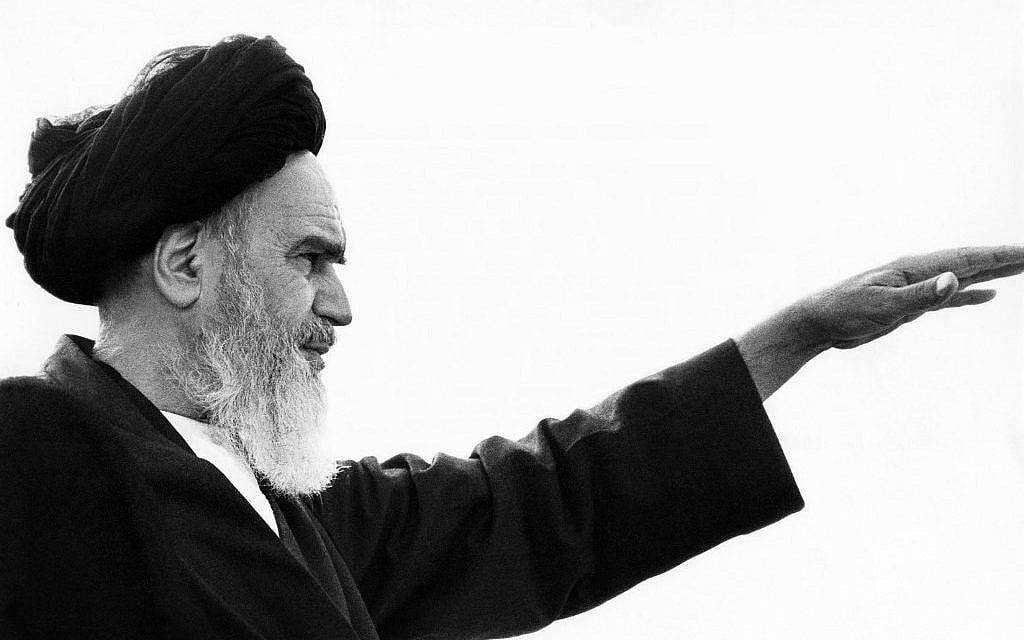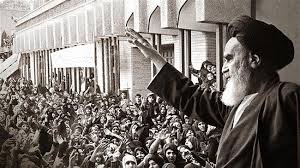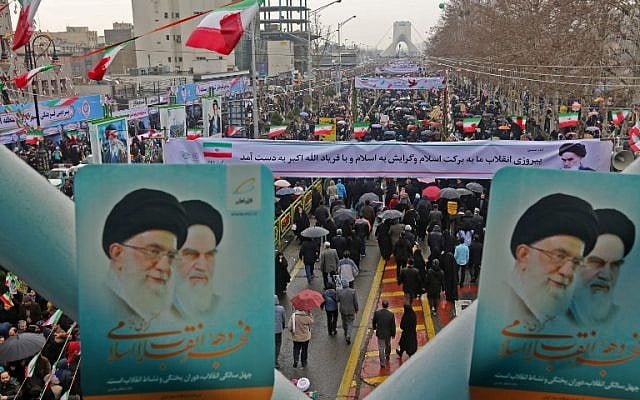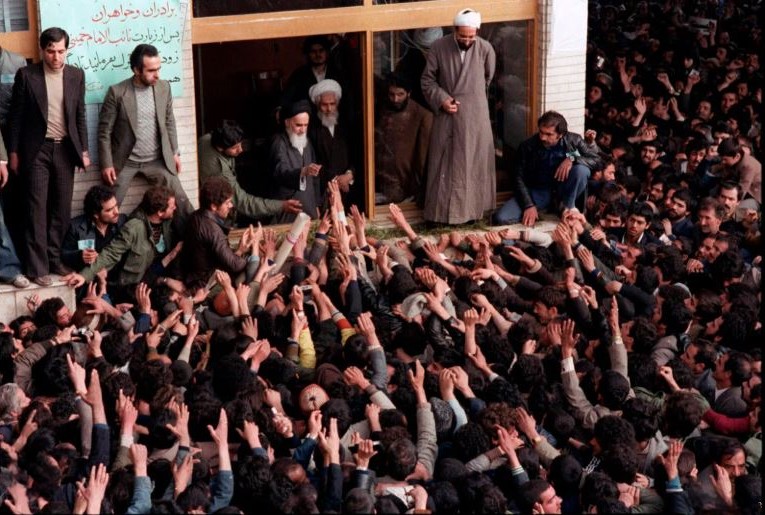It transformed governance in Iran and introduced
a foreign policy based on resistance to
oppression unity among Muslims, justice for all
Vahed Asghari Ojaki
Charge daffairs’
Consulate General of the I.R. Iran in Karachi

The Islamic Revolution of Iran, led by Imam Khomeini, reshaped Iran’s political landscape and had a lasting global impact. It transformed governance in Iran and introduced a foreign policy based on resistance to oppression, unity among Muslims, and justice for all.
A Domestic Transformation
Domestically, the revolution restructured Iran’s political system. It transferred authority to the people, changed governance practices, and rooted the system in the principles of pure Muhammadan Islam.
Imam Khomeini’s leadership redefined Shiite political thought. His interpretations revolutionized Shiite Ijtihad, positioning Islam not just as a religion, but as a political and social force.
Key Objectives of the Islamic Revolution
Imam Khomeini outlined five key goals for the revolution:
- Establish Islamic sovereignty and unity across the Muslim world.
- Resist colonialism and foreign exploitation.
- Fight global oppression and domination.
- Support liberation and humanitarian movements worldwide.
- Promote peace and justice through divine governance.

A Global Vision for Justice
Unlike many political movements, Iran’s revolution had global ambitions. Imam Khomeini envisioned a just world order based on Islamic values. He believed that Islam was meant for all humanity—not just Muslims—and that its mission was to unite people under justice and compassion.
The concept of “exporting the revolution” became central to this vision. It means spreading ideals like independence, resistance to tyranny, support for the oppressed, and social justice. Iran’s Islamic Revolution sought to awaken Islamic identity and mobilize the ummah against imperialism and Zionism.
Impact on Regional and Global Politics
The revolution challenged global powers and inspired resistance movements across the Islamic world. From Hezbollah in Lebanon to movements in Iraq and Yemen, Imam Khomeini’s vision encouraged oppressed nations to stand up.
This shift also disrupted the geopolitical balance in the Middle East. It weakened colonial influence, inspired political awakening, and established a model for Muslim empowerment.

Iran’s Foreign Policy After the Revolution
The Islamic Republic of Iran prioritizes cooperation with its neighbors, especially Muslim nations. Guided by Islamic principles, its foreign policy emphasizes unity, justice, and resistance to injustice.
Iran’s Constitution reflects this vision. Article 11 states: “All Muslims are one nation… the government must base its policy on unity and solidarity among Islamic countries.”
This outlook shapes Iran’s relationship with Pakistan. The two countries share a long border, deep cultural and religious ties, and common security concerns. Bilateral cooperation has been a consistent priority for both governments.
Strategic Challenges and Responsibilities
Despite efforts toward cooperation, differing ideological foundations among nations often create obstacles. Iran’s geopolitical environment, especially its unstable eastern borders, presents ongoing security challenges. Drug trafficking and fragile neighboring states contribute to regional instability.
A responsible foreign policy, therefore, requires accurate knowledge of neighboring states, their internal dynamics, and opportunities for collaboration.

International Law and Support for Liberation Movements
Iran views support for oppressed nations as both a moral and legal duty. The Quran describes Muslims as one united ummah. The Islamic Republic believes supporting legitimate liberation movements is not optional—it is a binding international obligation.
This stance emphasizes that international support for justice and the right to self-determination must become a recognized norm in global relations.























